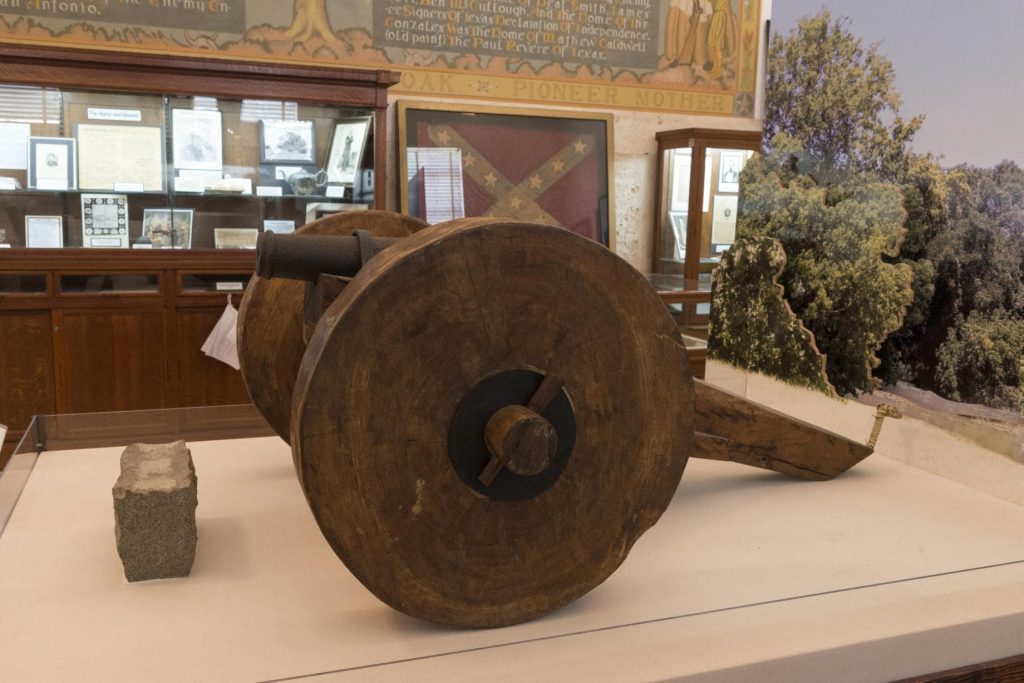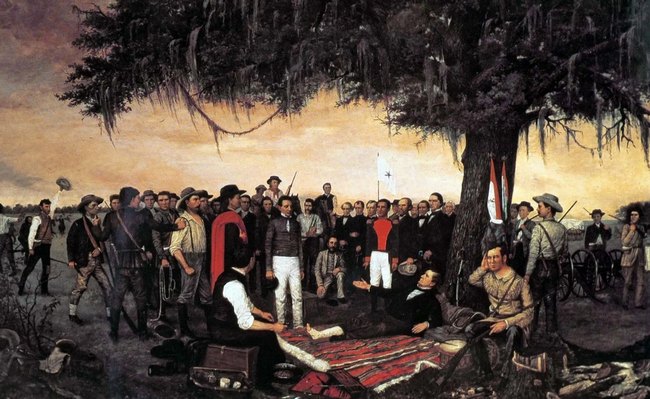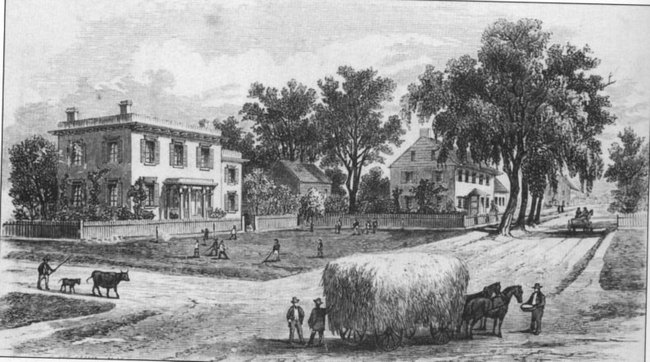
The Jersey Settlement, also known as the New Jersey Settlement, was a small community of settlers in East Texas that played a significant role in the early development of the region.
The settlement was established in the early 1820s by a group of families from New Jersey who were attracted to the fertile land and favorable climate of the area.
Early History of the Jersey Settlement
The Jersey Settlement was located in what is now Houston County, Texas, approximately 15 miles northeast of the present-day city of Crockett. The area was originally inhabited by several Native American tribes, including the Caddo and Cherokee, who were displaced by European settlers in the early 19th century.
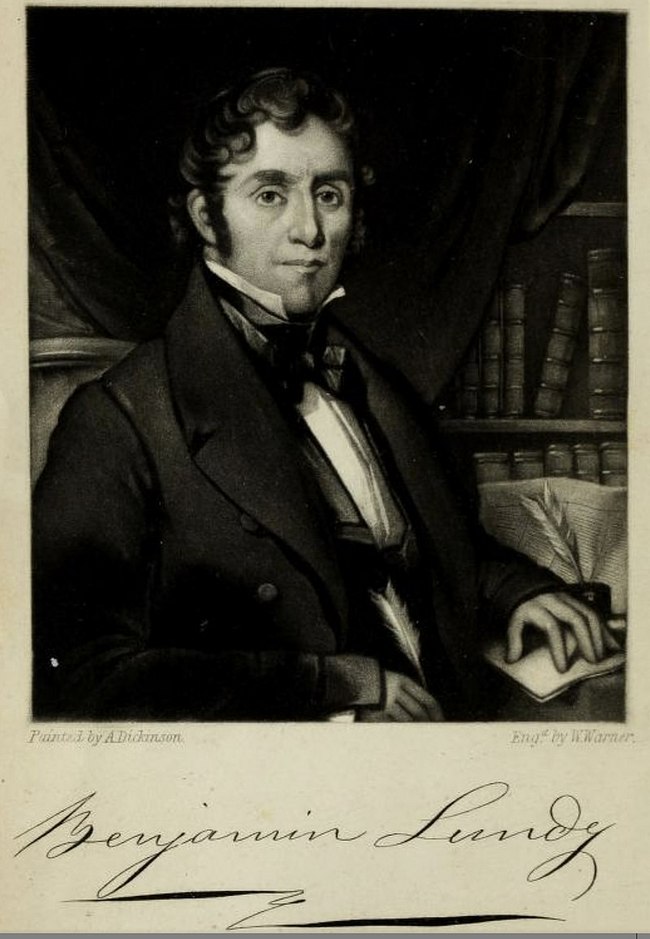
Source: en.wikipedia.org
In 1821, a group of families from New Jersey, led by Benjamin Lundy and Isaac Baker, traveled to Texas with the intention of establishing a new settlement. The group was attracted to the area’s fertile land, abundant wildlife, and favorable climate, which they believed would allow them to establish a prosperous agricultural community.
The settlers established their community on a tract of land along the Neches River, which they named the “Jersey Settlement” in honor of their home state. The community quickly grew, and by the mid-1820s, there were approximately 50 families living in the area.
Challenges and Triumphs of the Early Settlers
The early settlers of the Jersey Settlement faced numerous challenges, including harsh weather, disease, and conflicts with Native American tribes. The community was also isolated from other settlements in the region, which made it difficult to obtain essential supplies and communicate with the outside world.
Despite these challenges, the settlers were able to establish a thriving agricultural community. They cultivated crops such as cotton, corn, and tobacco, and raised livestock such as cattle and pigs. The settlers also established a number of businesses, including a gristmill, a blacksmith shop, and a general store.
In addition to their agricultural pursuits, the settlers of the Jersey Settlement were also active in political and social affairs. Many of the settlers were abolitionists who opposed slavery, and they played an important role in the movement to end the institution in Texas.

Source: en.wikipedia.org
The Jersey Settlement in the Texas Revolution
The Jersey Settlement played a significant role in the Texas Revolution, which began in 1835. Many of the settlers were strong supporters of the revolution and played key roles in the fight for Texas independence.
One of the most notable figures from the Jersey Settlement during the revolution was Benjamin Lundy, who had helped establish the community. Lundy was a strong supporter of the revolution and used his newspaper, the Genius of Universal Emancipation, to promote the cause of Texas independence.
Another important figure from the Jersey Settlement during the revolution was John Parker, who was appointed as the commander of the Texas army in the area. Parker was responsible for organizing the local militias and played a key role in several battles during the revolution.
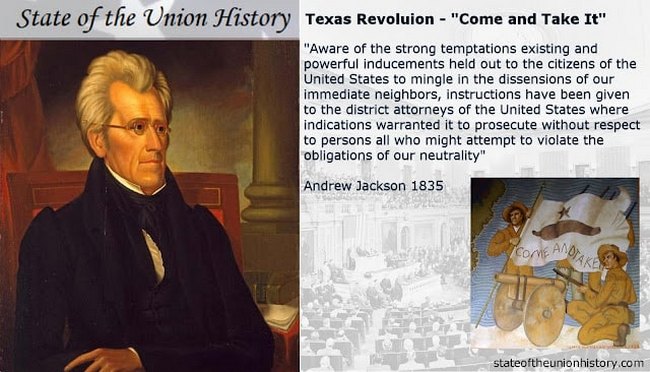
Source: www.stateoftheunionhistory.com
Legacy of the Jersey Settlement
Although the Jersey Settlement was ultimately absorbed into the larger community of Houston County, its legacy continues to be felt in the region. The settlement played an important role in the early development of East Texas and helped pave the way for future settlement and growth in the area.
Many of the families who originally settled the Jersey Settlement remained in the area and became influential members of the community. The Baker family, in particular, played an important role in the development of the region. Isaac Baker’s son, Andrew Jackson Baker, served as a Texas State Senator and was instrumental in the construction of the Houston and Texas Central Railway, which helped connect East Texas with the rest of the state.
The Jersey Settlement also left an important cultural legacy in the region. The settlers brought with them many of the customs and traditions of their home state, including their distinctive style of cooking and their preference for small, close-knit communities. These traditions continue to be celebrated in the region today, with many local events and festivals celebrating the area’s unique history and culture.
In recent years, efforts have been made to preserve the legacy of the Jersey Settlement and raise awareness of its important place in Texas history. The Texas Historical Commission has designated several historical markers in the area, and local organizations have worked to promote tourism and education in the region.
Conclusion
The Jersey Settlement was a small but influential community in early Texas history. Its settlers, mostly from New Jersey, established a thriving agricultural community in East Texas and played an important role in the fight for Texas independence. Despite facing numerous challenges, the settlers of the Jersey Settlement were able to establish a strong and vibrant community that left an important legacy in the region. Today, the settlement is remembered as an important part of Texas history and a symbol of the region’s unique cultural heritage.
